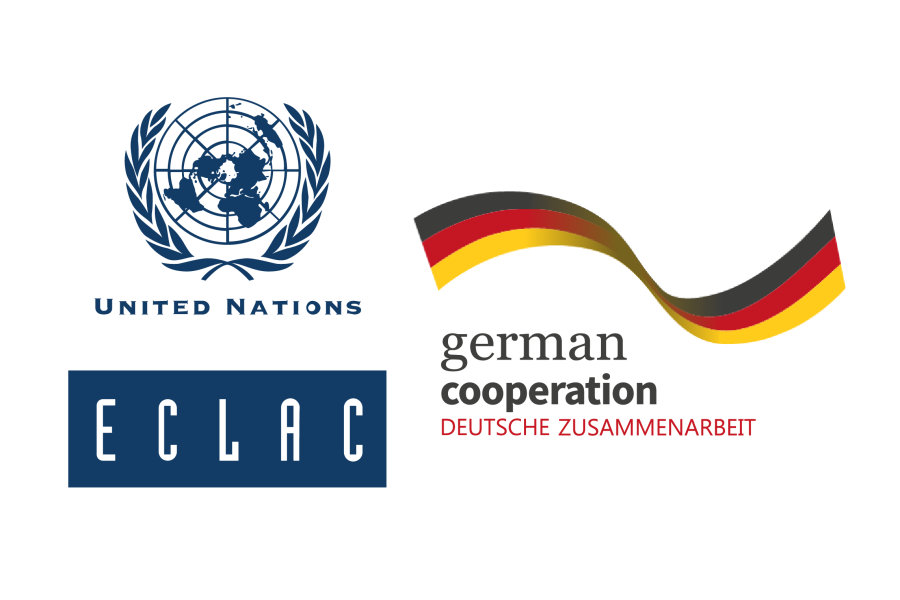To Face the Fourth Industrial Revolution, it is Crucial to Spur on Complementary Labor and Production Policies, Specialists at ECLAC Warned
Work area(s)
Chile’s Minister of Labor and Social Security, Nicolás Monckeberg, Senator Carolina Goic and the regional organization’s Deputy Executive Secretary, Mario Cimoli, inaugurated a seminar in Santiago.

To face the so-called Fourth Industrial Revolution, it is critical to spur on complementary labor and production policies in the framework of national and regional strategies for sustainable development, according to the authorities and specialists gathered this Tuesday, March 5, 2019, at the headquarters of the Economic Commission for Latin America and the Caribbean (ECLAC) in Santiago, Chile.
The seminar they were attending, entitled The Transformation of Employment in Light of the Digital Revolution and Automation, was organized jointly by ECLAC and the government and Senate of Chile, with support from German cooperation. The event drew the participation of government officials, legislators, international experts and other public and private actors.
Mario Cimoli, ECLAC’s Deputy Executive Secretary, welcomed participants on behalf of Executive Secretary Alicia Bárcena and offered a regional overview of the transformation of employment in Latin America in the context of the Fourth Industrial Revolution, or Industry 4.0, which encompasses trends such as artificial intelligence, robotization and digitalization.
“The digital revolution is transforming value chains, their functioning and power structures, while also redefining traditional productive sectors and creating new sectors,” Cimoli explained, warning that “digitalization and automation of productive processes and the emergence of new business models require new and more complex abilities in the world of work.”
In this scenario, he said, public policies must support the construction of solid institutional systems that facilitate the transition toward new production models. They must also strengthen regional integration and value chains’ complementarities, adapt educational and social systems, and promote progressive structural change toward sectors with greater technological sophistication and incorporated knowledge, he stated.
Meanwhile, Chile’s Minister of Labor and Social Security, Nicolás Monckeberg, indicated that “the world of work in Chile is exposed to giant challenges such as the ageing of the population, migration, climate change and the impact of new technologies.”
“This Fourth Industrial Revolution undoubtedly will make certain jobs vanish. But it is capable and has the potential to create many more jobs than what will vanish,” he stated.
“Our challenge,” Monckeberg stressed, “is to be the country and the region where the jobs of the future are created and not just where the jobs of the past are replaced. For that to happen, things must be done: we have to adapt, modify certain regulations, modify certain institutions, modify the way in which we are educating our workers.”
In her remarks, Senator Carolina Goic, President of the Chilean Senate Labor Committee, called for adopting a medium-term view of the country that allows for forging agreements.
“Chile cannot afford to keep delaying a debate that would make way for a serious, consensual and viable country agenda that takes on the enormous challenge implied by the so-called Fourth Industrial Revolution. This is a debate that must overcome the logic of left and right and be one in which both businesspeople and workers are willing to cede ground, as part of a State strategy that does not depend on the government in power,” she said.
At the end of the session, Mario Cimoli and Senator Goic manifested their institutions’ intention of maintaining collaboration throughout this year, in order to contribute new data and reflections to the national and regional debate on this issue.
Related content

Expertos y autoridades analizarán en la CEPAL el futuro del trabajo en el marco de la cuarta revolución industrial
Reunión se realizará en la sede del organismo en Santiago el 5 de marzo y es organizada en conjunto con el Gobierno y el Senado de Chile, y la cooperación alemana.

Type
Country(ies)
- Latin America and the Caribbean
-
Chile
Related link(s)
Related project(s)
Contact
Public Information Unit
- prensa@cepal.org
- (56 2) 2210 2040

